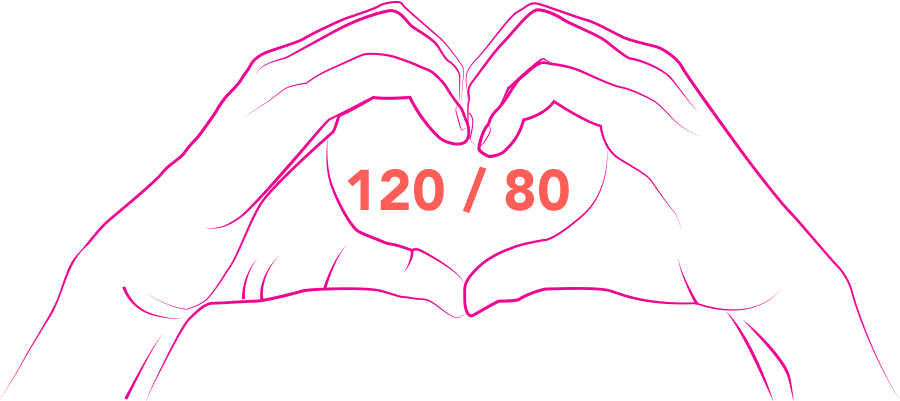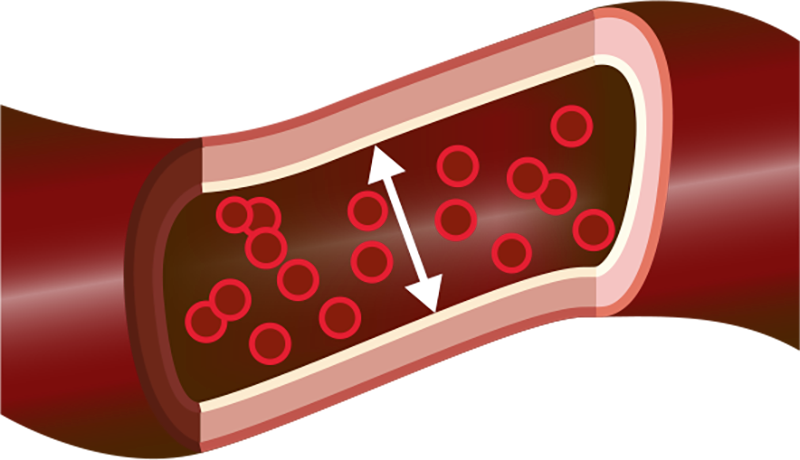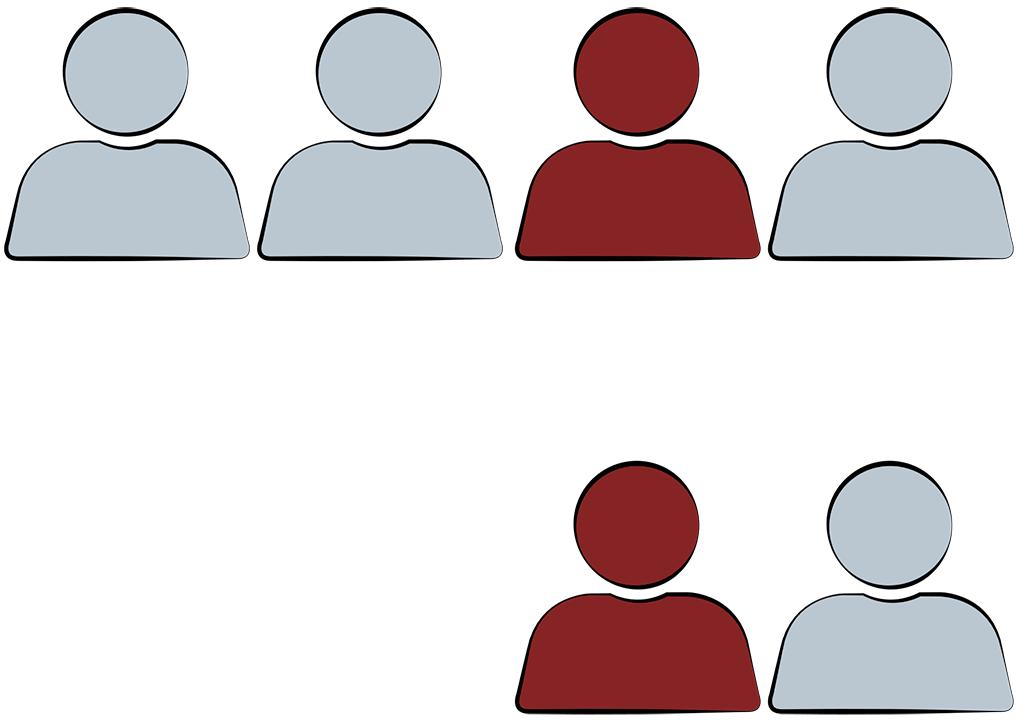High blood pressure
What is high blood pressure?
High blood pressure (or hypertension) is a disease that affects blood circulation in all the blood vessels of the body, which in turn affects the delivery of nutrients and oxygen to your heart, brain, kidneys and even your skin.
Blood pressure (BP) is the measurement of the pressure or force of blood against the walls of your blood vessels (arteries). “Normal” levels for a healthy individual are below 120/80 mm Hg.
What do the numbers in your blood pressure mean?

The first, or top number = systolic blood pressure
This is the pressure exerted when your heart beats
The second, or bottom number = diastolic blood pressure
This is the pressure when your heart relaxes between beats

We use the term “high blood pressure” when a person’s pressure stays too high over a prolonged period of time.
For most people, blood pressure above 140/90 mm Hg is considered to be high (also called “hypertension”).
If you have diabetes, your blood pressure should ideally be below 130/80 mm Hg.
Higher numbers can lead to complications.
To adopt a more proactive approach to looking after your health, ask your health professional the following three questions:
- What is my blood pressure measurement at your office/clinic?
- What should my numbers be to reduce the risk of complications?
- How long will it take to get my numbers down?
Who has high blood pressure?

High blood pressure is a chronic disease that affects 1 out of 4 adults over 40 in Canada.
Over 65, that figure rises to 1 out of 2.
What causes high blood pressure?
In most cases, there is no known cause (called “primary hypertension”). There are several risk factors, however, that can lead to the development of high blood pressure.
- Obesity
- Excessive salt consumption
- Low calcium consumption (dairy products)
- Excessive alcohol consumption
- High-fat diet
- Diet low in fruits and vegetables
- Smoking
- Sedentary lifestyle
- Lack of physical exercise
- Poor stress management
- Over 55 years of age
- Male
- African or African-American
- Family history (genetics)
In rarer cases, high blood pressure is caused by problems of a more specific nature (called “secondary hypertension”), such as:
- Sleep apnea
- Kidney disease
- Hormone disorders
- Certain medications (such as non-steroidal anti-inflammatory medication [ibuprofen, naproxen], oral contraceptives and certain decongestants)
Why should you be concerned about high blood pressure?
High blood pressure can damage the blood vessels (arteries) that carry blood to the body’s organs (heart, kidneys, brain, etc.) and tissues (skin). Affected organs or tissues can deteriorate over time, with multiple consequences.
TIA (transient ischemic attack)
Dementia (cognitive disorders)
Angina (chest pain)
Heart failure